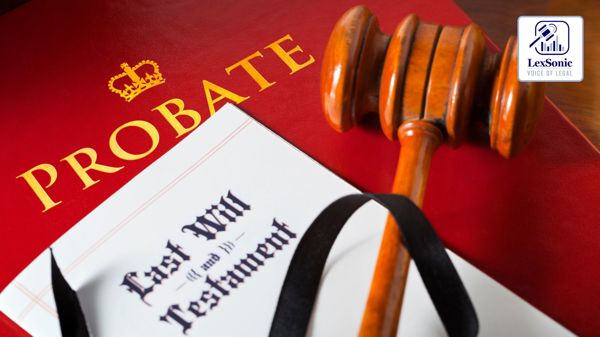When the State Steps Aside: Supreme Court Clarifies Limits of Government Locus in Probate Matters.
03 November 2025
The Bench comprising Justice B.V. Nagarathna and Justice R. Mahadevan refused to entertain the interlocutory application filed by the State on the ground that the issue had been foreclosed by the judgment dated 1 September 2025. That judgment was delivered in Special Leave Petition (Civil) Nos. 14721–14723 of 2024 and laid down vital principles touching upon the Government’s role in testamentary succession.

The reasoning of the Court brings out the conceptual boundary on when escheat under Section 29 operates: when a Hindu dies intestate without leaving behind heirs, whereas when there is a Will and that has been validly probated, succession takes effect by way of testamentary disposition, leaving no room for escheat.
Accordingly, the Court reinforces the principle that escheat is a doctrine of last resort, and not a competing claim, by reaffirming that the State cannot intrude upon testamentary matters while there is a valid Will governing the estate.
It protects private testamentary autonomy from undue state interference, ensures clarity in the administration of estates, and reaffirms the status of probate proceedings as the final determinations of the validity of a Will. The case, for practitioners, illustrates the requirement to take locus standi questions at the outset and before consideration of the merits, particularly where a grant of probate has already been issued and governmental entities seek to invoke the escheat statutes.
Section 29, Indian Succession Act - 1925
